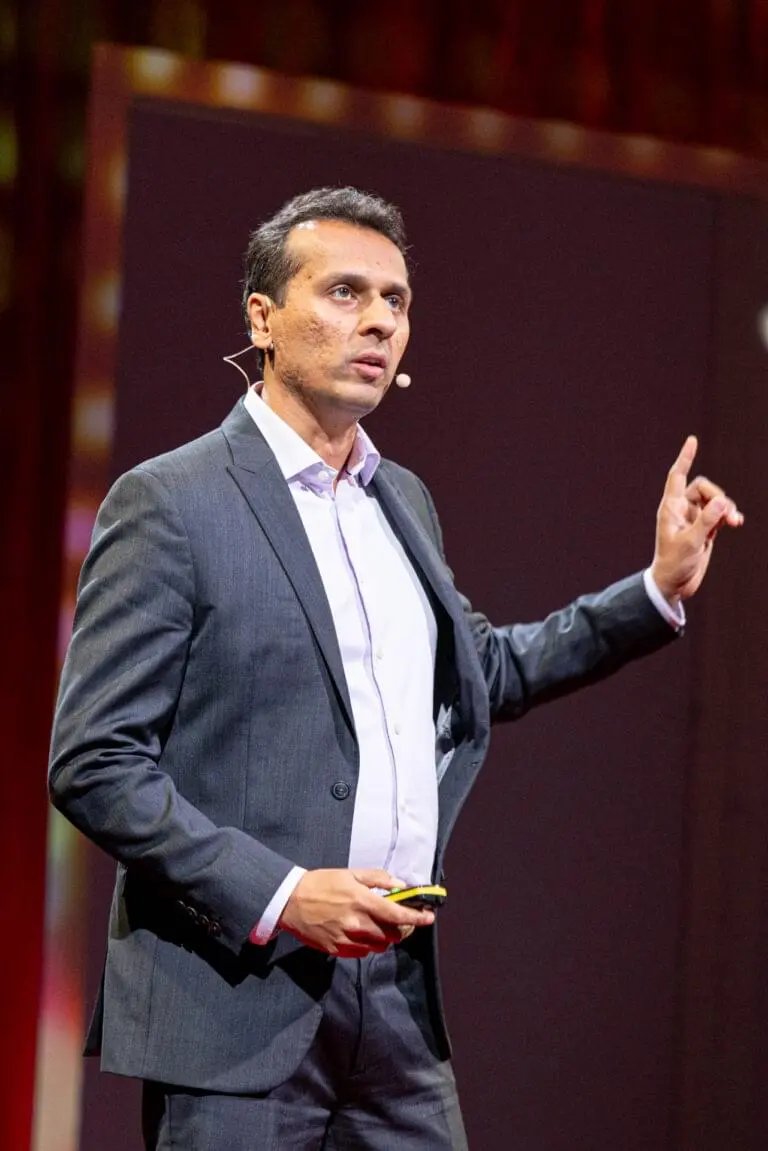
Do fruit flies have brains?
Dr. Pavan Ramdya, Director of the Neuroengineering Laboratory at EPFL, is reverse-engineering the fly’s brain to inspire the next generation of autonomous robots. Join us at TEDxArendal on November 1st as Dr. Ramdya reveals how the humble fruit fly may hold the key to building more intelligent AI systems.
The fruit flies in your kitchen may hold the key to building better Artificial Intelligence. Dr. Ramdya’s laboratory is reverse-engineering Nature to learn how flies excel at sensing, deciding, and acting in complex real-world environments. To do this they are modifying the fly’s genome, mapping its brain and watching it in action, while also creating its digital twin. They aim to discover insights that can inspire the design of more autonomous Robots capable of exploring the world and beyond.
Dr. Pavan Ramdya is Firmenich Next Generation Chair and Director of the Neuroengineering Laboratory at the EPFL in Lausanne, Switzerland. Dr. Ramdya received his PhD in Neurobiology from Harvard University and then performed postdoctoral work in Robotics, Neurogenetics, and Bioengineering. His laboratory aims to draw inspiration from Nature to design more intelligent and adaptive artificial systems. To achieve this, they use computational, engineering, genetic, and microscopy tools to investigate how the fly, Drosophila melanogaster, generates complex behaviors. In recognition of their work, they have won numerous awards and have been highlighted by media outlets including the BBC World Service, National Geographic, and Nature magazine.